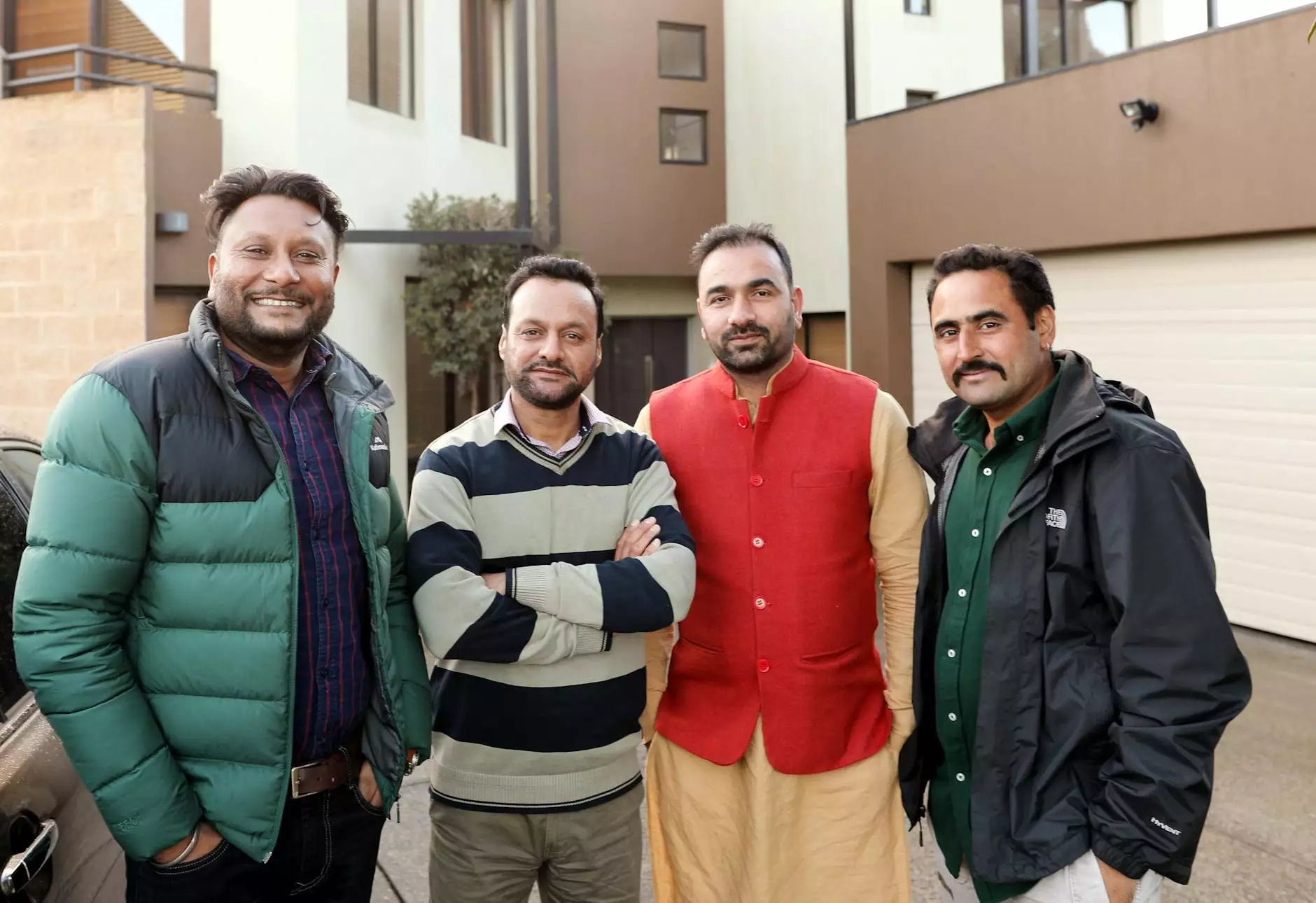Embracing Community: The Role of Synagogues and Religious Organizations

In today's fast-paced world, the importance of community cannot be overstated. Communities provide support, a sense of belonging, and a foundation for shared values and beliefs. Among the most influential pillars of many communities are synagogues, religious organizations, and churches. This article delves into how these institutions, such as https://zion.nyc/, empower individuals and shape social dynamics.
The Significance of Synagogues in the Community
Synagogues serve as more than just spaces for worship. They are vibrant centers where followers of Judaism gather to celebrate, learn, and strengthen their communal bonds. The multifaceted role of synagogues is crucial in enriching the lives of congregants and the wider community.
Cultural and Educational Programs
Synagogues often host educational programs aimed at all age groups. These initiatives include:
- Hebrew School: Teaching children the Hebrew language and Jewish traditions.
- Adult Education Classes: Providing adults with in-depth knowledge about Jewish texts and history.
- Cultural Events: Celebrating Jewish festivals and cultural heritage through events that welcome the wider community.
Charitable Endeavors and Community Support
The strong emphasis on charity within Judaism is reflected in the activities of local synagogues. They often organize charitable drives and initiatives aimed at helping those in need, such as:
- Food Banks: Providing support to families facing food insecurity.
- Volunteer Programs: Engaging congregants in outreach efforts, both locally and globally.
- Social Justice Initiatives: Advocating for social equity and justice in various forms.
Creating a Sense of Belonging
For many, synagogues are a sanctuary. They provide a space for individuals to connect with others who share their beliefs and values. This sense of belonging can be incredibly powerful, leading to:
- Support Networks: Offering emotional and spiritual support through life’s challenges.
- Community Events: Breaking down barriers through social gatherings, potlucks, and festivals.
The Role of Religious Organizations and Churches
Similar to synagogues, churches and religious organizations play a critical role in their communities. They serve as beacons of hope and guidance, fostering moral and ethical development while promoting fellowship among diverse groups.
Spiritual Growth and Community Worship
Churches often offer multiple services and activities aimed at enhancing spiritual growth, such as:
- Sunday Services: Regular gatherings that encourage community worship and spiritual reflection.
- Prayer Groups: Smaller, intimate gatherings that foster personal connections and shared prayers.
- Bible Studies: Providing deeper understanding of sacred texts, enriching the faith journey of participants.
Outreach Programs and Community Engagement
Churches actively engage in outreach programs, addressing the needs of the surrounding community. Examples include:
- Youth Programs: Engaging young people with mentorship and development opportunities.
- Health Clinics: Providing free medical services and advice.
- Crisis Assistance: Offering temporary housing and support for homeless individuals or families at risk.
Unity in Diversity
One of the most beautiful aspects of synagogues, churches, and religious organizations is their ability to unite diverse individuals. While they may serve different faiths, these institutions often come together for interfaith dialogues, community service projects, and cultural exchanges. This fosters understanding and respect among various cultures and beliefs, further enriching the community.
Celebrating Common Values
Through collaboration, these organizations can:
- Promote Tolerance: Encouraging respect among individuals of different faiths.
- Engage in Dialogue: Hosting discussions on common values such as love, compassion, and justice.
- Organize Community Events: Festivals and events that showcase a variety of traditions and customs.
Building a Stronger Future
Looking ahead, the future of synagogues, churches, and religious organizations will continue to evolve. With the advent of technology and new communication channels, these institutions have the opportunity to reach a broader audience and engage with a diverse demographic.
Adapting to Change
As communities progress, religious organizations must adapt to new realities. This adaptation can include:
- Virtual Services: Offering online worship and education opportunities to reach those unable to attend in person.
- Social Media Engagement: Utilizing platforms to build community and stay connected.
- Inclusive Programs: Ensuring that all individuals, including those from underrepresented backgrounds, feel welcomed and valued.
Leadership and Innovation
Effective leadership is key to fostering a thriving community. Innovative leaders will explore new ways to engage congregants, attract new members, and fund community projects through:
- Collaborative Initiatives: Working with local businesses and organizations for mutual benefits.
- Creative Fundraising: Utilizing social media and crowdfunding to support projects and missions.
- Mentorship and Support: Developing leadership programs to empower the next generation of community leaders.
Conclusion
In our increasingly disconnected world, synagogues, religious organizations, and churches provide essential services and support. They are not only places of worship but also vital community hubs that promote connection, understanding, and growth. By focusing on education, outreach, and engagement, organizations like https://zion.nyc/ play a crucial role in weaving the fabric of community together, ensuring that it remains strong, inclusive, and vibrant for generations to come.
Communities built around shared values are resilient. With the continued support of their synagogues and churches, individuals can thrive personally and collectively, laying the groundwork for a brighter future.



